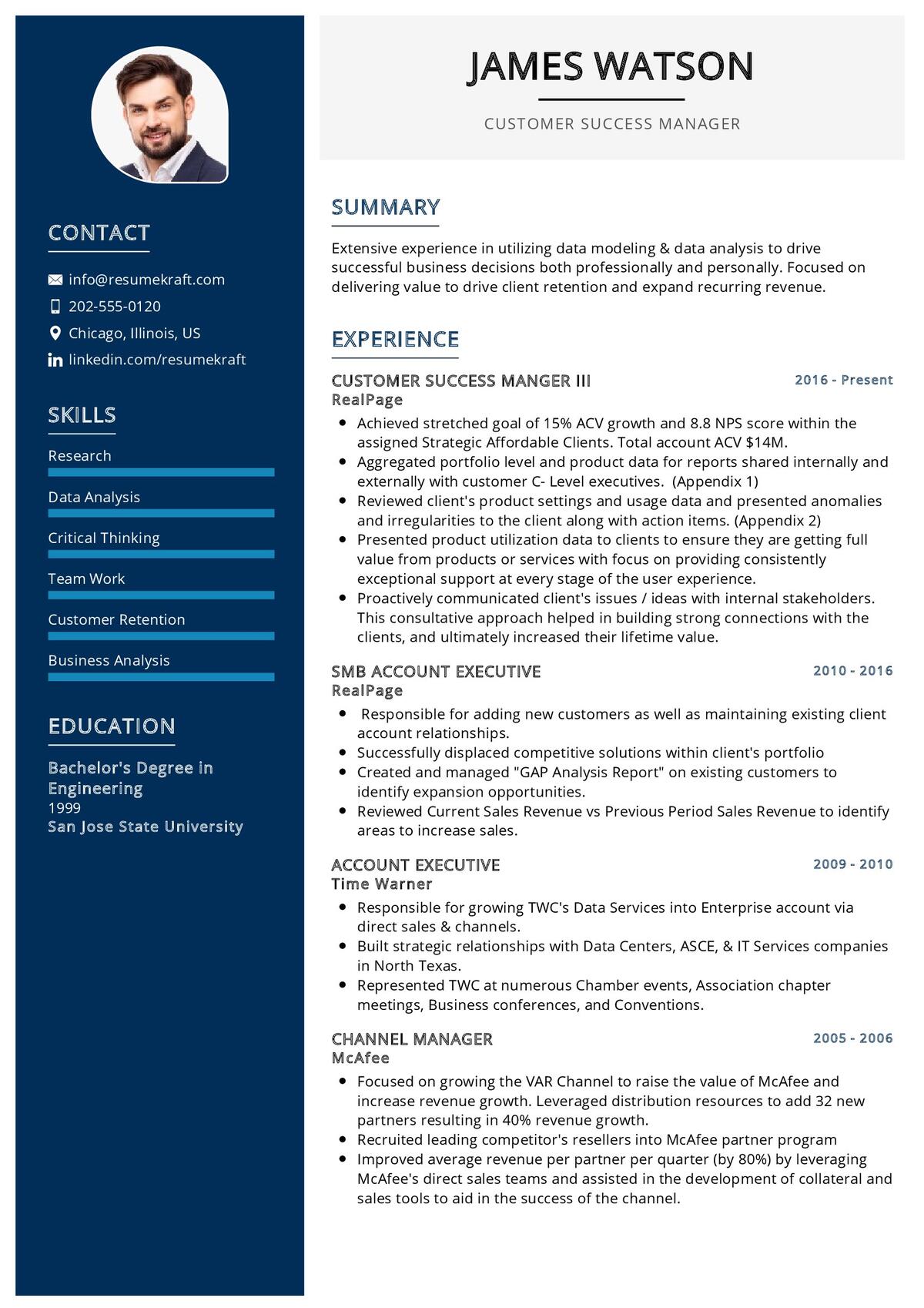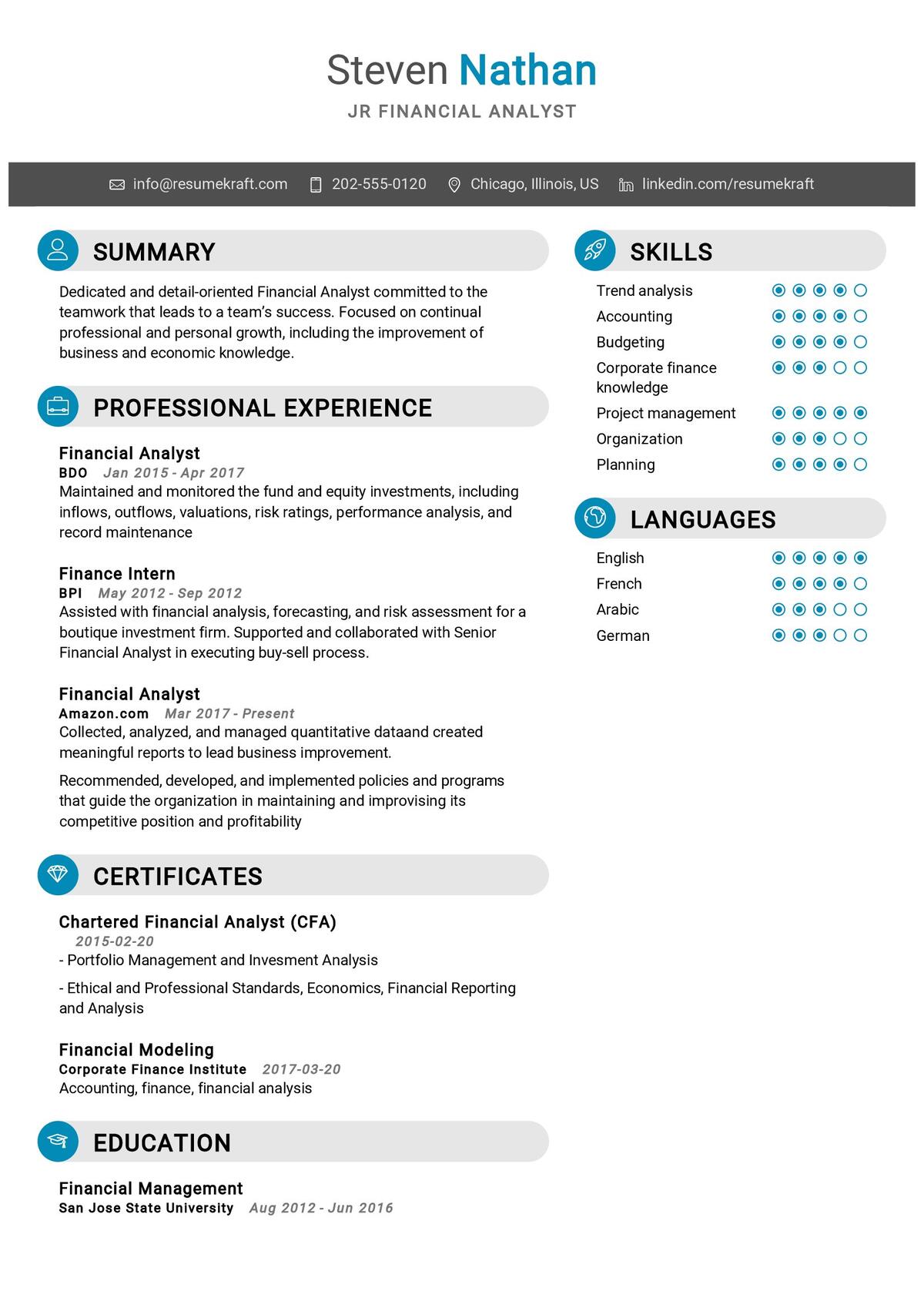
Although you may have the experience and qualifications for the job you’re applying to, listing your certifications on your resume can help set you apart from other candidates and demonstrate your professional commitment to your career.
Including your certifications on your resume is a good way to show potential employers that you are committed to your chosen career. By Listing your certifications, you are able to demonstrate your professional qualifications and give yourself an edge over other candidates. Furthermore, including your certifications on your resume shows that you are willing to invest in your professional development, which can be a valuable asset to employers.
Listing your certifications on your resume:
When listing your certifications on your resume, be sure to include the name of the certification, the date you received it, and the organization that granted the certification. If you have more than one certification, list them in order of relevance to the position you are applying for. For example, if you are applying for a job as a teacher, list your teaching certification first. Including your certifications on your resume can help you stand out from the competition and show potential employers that you are a qualified candidate.
Some employers may require that you have certain certifications in order to be eligible for the position. If this is the case, be sure to list the certification prominently on your resume so that the employer can easily see that you have the required certification. Including your certifications on your resume can also show employers that you are committed to professional development and that you are constantly working to improve your skills.
If you have any questions about how to list your certifications on your resume, be sure to consult with a professional resume writer or career coach.
Employers often look certifications:
There are many different types of certifications that employers may look for when hiring candidates. Some examples of certifications that could be beneficial to have include: project management, Six Sigma, Lean, Agile, and Scrum. Each certification demonstrates a level of expertise in a particular area or skill, which can make a candidate more attractive to employers.

Some certifications can be obtained through online courses or self-study, while others may require attending a class or workshop. There are also some certifications that need to be renewed on a regular basis.
The type of certification that is most beneficial to have depends on the industry in which you want to work. For example, if you’re interested in working in project management, then having a certification in project management would be beneficial. There are many different types of certifications that are available, so it’s important to do some research to find the best one for you.
Obtaining a certification can be a great way to improve your chances of getting hired, or even getting promoted. It can also help you stand out from other candidates who may not have a certification. If you’re interested in obtaining a certification, be sure to check with your employer to see if they have any requirements or preferences.
Benifits of having certifications:
Having certifications can make you more attractive to potential employers.
While not all employers will require certifications for every position, having them can make you a more attractive candidate. This is especially true in fields where certifications are the norm, such as healthcare or IT. In these cases, having the relevant certification(s) can show that you have the necessary skills and knowledge for the job. Even if an employer does not require certifications, having them can still give you a leg up on the competition.
There are a few different ways that you can go about getting certifications. Many professional organizations offer certifications, and you can often take the necessary coursework through these organizations. Alternatively, there are many online courses that offer certification upon completion. You can also sometimes get certifications through your employer, depending on the company and the position.
Having certifications can be a great way to improve your chances of getting hired, and they can also help you to advance in your career. If you are interested in getting certifications, research the different options that are available to you.

Listing your certifications:
If you have any certifications related to the job you’re applying for, be sure to list them on your resume. Having relevant certifications can help you get your foot in the door with potential employers, and show that you’re qualified for the position you’re interested in.
For example, if you’re applying for a job as a certified public accountant, you’ll want to list your Certified Public Accountant certification on your resume. Or, if you’re applying for a job as a certified nurse assistant, you’ll want to list your Certified Nurse Assistant certification on your resume.
Employers value candidates who have the relevant certifications for the job they’re applying for, so be sure to list yours on your resume to give yourself a competitive edge.
In today’s job market, relevant certifications can help you get your foot in the door with potential employers. If you’re applying for a job that requires certain certifications, be sure to list them on your resume. Having the relevant certifications can show employers that you’re qualified for the position and give you a competitive edge.
Certification helps earn a higher salary:
Some certifications can help you earn a higher salary, especially in fields like healthcare and information technology. In addition to increasing your earnings potential, having a certification can also make you more attractive to potential employers.
While there are many different types of certifications available, not all of them will necessarily help you earn more money. In some cases, the return on investment for getting a certification may not be worth the time and money required to obtain it. However, in other cases, certifications can be very helpful in boosting your earnings.
There are a few different ways that certifications can help you earn more money. First, having a certification can make you more attractive to potential employers. Employers often view candidates with certifications as being more qualified and competent than those without them. As a result, you may be more likely to get hired or promoted if you have a certification.
Secondly, certifications can help you earn a higher salary. In some cases, certifications may entitle you to a higher starting salary. In other cases, they may help you negotiate a higher salary when you are up for a raise or promotion. Either way, having a certification can give you a financial boost.
Finally, certifications can help you keep your current job or advance in your career. In some cases, certifications may be required to keep your job. For example, many healthcare positions require certification. In other cases, having a certification may help you get a promotion. For instance, if you are up for a management position, having a certification may help you stand out from the other candidates.
While not all certifications will help you earn more money, some can be quite beneficial. If you are considering getting a certification, be sure to research the return on investment to ensure that it is worth your time and money.
Pursuing certification:
Pursuing certification can help you stay current in your profession and improve your skills. It can also give you an edge when applying for jobs or promotions. Certification can demonstrate to potential employers that you are committed to your profession and that you have the skills and knowledge required to perform the job.

Certification can also make you more marketable to potential employers. In a recent survey, 70 percent of employers said they would be more likely to hire a certified candidate over a non-certified candidate. Certification can also lead to higher earnings. In the same survey, nearly half of employers said they would be willing to pay a certified employee more than a non-certified employee.
If you are considering pursuing certification, there are a few things you should keep in mind. First, make sure the certification is offered by a reputable organization. There are many organizations that offer certification, but not all of them are equally reputable. Look for an organization that is accredited by a national or international accreditation body.
Second, make sure the certification is relevant to the field you want to enter or the position you want to apply for. There is no point in pursuing a certification that is not relevant to your goals.
Third, make sure you are able to meet the requirements for the certification. Most certifications require you to pass an exam, so you will need to make sure you are prepared for the exam. You should also make sure you are familiar with the organization’s code of ethics and standards of practice.
Finally, make sure you are prepared to maintain the certification. Most certifications require you to renew your certification every few years. This usually involves completing continuing education credits or taking a new exam.
Planning to Write a Resume?
Check our job winning resume samples


Frequently Asked Questions on Resume Certifications
Certifications can demonstrate your expertise in a particular field or technology, and can help you to stand out from other candidates who may not have similar credentials. In addition, having certifications can help you to qualify for positions that require certain levels of expertise. Therefore, including certifications on your resume can be advantageous in many ways.
One certification that is always a good idea to include is any Azure certification. Azure is a cloud computing service created by Microsoft, and employers are always looking for candidates with experience in this growing field.
So, if you have any Azure certification, make sure to list it on your resume. Other certifications that can be helpful to include are any that show you have expertise in a particular software program or programming language.
For example, if you are a web developer, including a certification in HTML or CSS can show potential employers that you have the skills they are looking for. In general, any certification that shows you have the skills and knowledge to do the job you are applying for is a good one to include on your resume. So, take some time to research which certification will help you stand out the most to potential employers, and make sure to list it prominently on your resume.
One common question that job seekers have is whether or not employers care about certificates. For example, if you have an Azure certification, will that make you more likely to be hired? The answer to this question depends on the employer. Some employers place a lot of importance on certifications, while others couldn’t care less. If you’re not sure where an employer falls on this spectrum, the best thing to do is to look at the job listing. If the listing mentions certifications as a requirement, then you can be sure that the employer cares about them.
However, if the listing doesn’t mention certifications, then they’re probably not that important to the employer. In general, it’s always a good idea to list your certifications on your resume. Even if an employer doesn’t care about them, it shows that you’re willing to put in the extra effort to improve your skills. And who knows, maybe the employer will be impressed by your dedication and give you a chance to prove yourself.
One of those skills is knowing how to properly list your certifications. Many people make the mistake of simply listing the name of the certification, but there is so much more to it than that. In this blog post, we will show you how to properly list your certifications on your resume so that you can make the best impression possible. The first thing you need to do is make sure that you list the certifications in the correct order. The order should be as follows: name of the certification, name of the issuing organization, and the date that you received the certification.
For example, if you have a certification in project management from the Project Management Institute, you would list it as follows: Project Management Certification Project Management Institute Date If you have more than one certification, you should list them in order of importance. For example, if you have a certification in project management and another in human resources, you would list the project management certification first. Once you have the certifications listed in the correct order, you need to make sure that you include all of the relevant information.
Conclusion
In Conclusion listing your professional certifications on your resume is a great way to stand out from the competition and demonstrate your dedication to your chosen field. In addition to helping you land a job, having certifications can also lead to career advancement and higher earnings potential. If you are considering pursuing a certification, be sure to research the requirements and benefits carefully to ensure that it is the right fit for you.
While certifications are not required for all positions, they can give you a competitive edge, so it is certainly worth considering if you are looking to further your career. With the right certification, you can open doors to new opportunities and boost your earning potential.
Recommended Reading:

